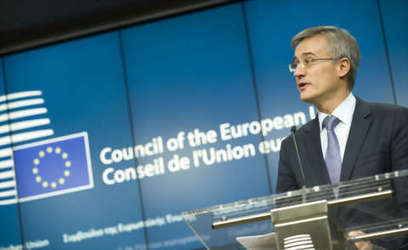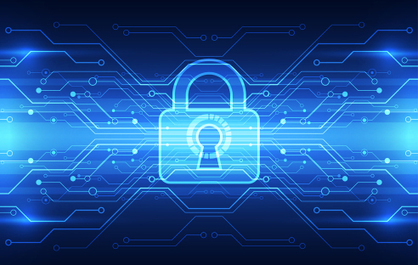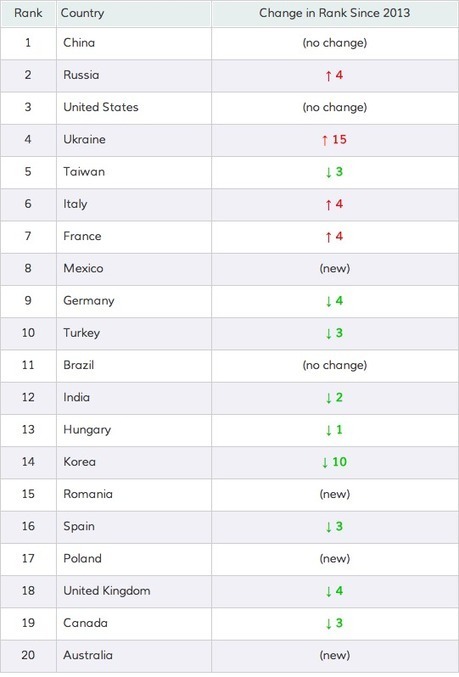Wieso Smart Contracts die Erwartungen enttäuschen müssen
Was Juristen seit Jahrhunderten nicht geschafft haben, wollten Blockchain-Enthusiasten per Code regeln. Doch so leicht ist das nicht, wie der DAO-Hack zeigt. Dabei hätte man aus der Rechtsgeschichte lernen können. An einer Schnittstelle zur formalisierten Streitschlichtung geht kein Weg mehr vorbei.
Schon lange träumen Juristen davon, ein Gesetz zu formulieren, dem es gelingt, alle Problemfälle dieser Welt zu erfassen. Egal, was auch passieren mag: Das Recht gibt eindeutig vor, wie die passende Lösung auszusehen hat. Diesen Traum teilt die Smart-Contract-Community.
Ein automatisierter Vertrag soll her, der keiner menschlichen Interpretation bedarf. Alle möglichen Abzweigungen sind der Blockchain schon einprogrammiert. Ein hehres Ziel - doch in der Geschichte des Vertragsrechts stets gescheitert. Auch Smart Contracts sind vor diesem Schicksal nicht gefeit.
Learn more / En savoir plus / Mehr erfahren:
http://www.scoop.it/t/21st-century-learning-and-teaching/?tag=blockchain



 Your new post is loading...
Your new post is loading...














Ein automatisierter Vertrag soll her, der keiner menschlichen Interpretation bedarf. Alle möglichen Abzweigungen sind der Blockchain schon einprogrammiert. Ein hehres Ziel - doch in der Geschichte des Vertragsrechts stets gescheitert. Auch Smart Contracts sind vor diesem Schicksal nicht gefeit.
Learn more / En savoir plus / Mehr erfahren:
http://www.scoop.it/t/21st-century-learning-and-teaching/?tag=blockchain